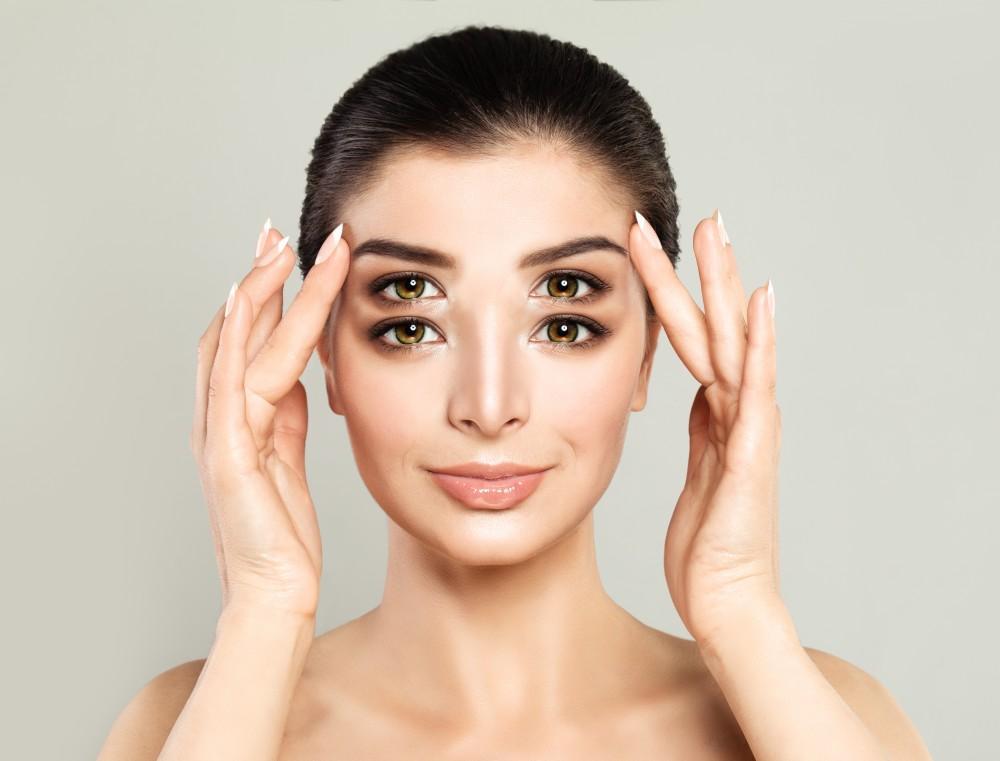
5 Tips to Avoid Contact Lens-Related Eye Infections

Contact lenses can be a game-changer for those who need corrective lenses but don’t want to wear glasses. Contacts provide more peripheral coverage than glasses, allow you to participate in sports more comfortably, and don’t fog up on cold or rainy days.
But just like eyeglasses, contacts have cons to consider. One is that improper use can lead to eye infections. Thankfully, you can reduce your risk.
If you wear contacts, take a moment as our expert providers at Maryland Eye Care Center share five tips to avoid contact lens-related eye infections.
1. Prioritize good hand hygiene
Always wash your hands thoroughly with soap and warm water before inserting or removing your lenses. Rinse off the soap residue; lingering soap can sting your eyes.
Dry your hands with a lint-free towel — skip the paper towel and use a cotton hand towel — to avoid transferring dust to your lenses. Even small pieces of lint from a paper towel can irritate your eyes.
What about hand sanitizer? It’s better than nothing, but unless you rinse off your hands and dry them thoroughly, you risk getting some in your eyes, which can also sting.
2. Follow proper cleaning protocols
Steps to keeping your contact lenses clean include:
Use the right solution
Always use the contact lens solution recommended by our team. Different contacts require different solutions. Don’t use water, saliva, or homemade solutions to clean your lenses.
Not sure what cleaning solution or storage case you need for your contacts? Don’t hesitate to give us a call. We’re happy to review the proper cleaning steps with you.
Rub and rinse
Even if you use a no-rub solution, it's a good idea to gently rub your lenses with the solution before rinsing them thoroughly.
Use fresh solution each day
Change the solution in your lens case daily. Never top off old solution with new solution.
3. Don’t overwear your lenses
Overwearing lenses, especially extended-wear lenses, increases your infection risk. Follow these guidelines:
If you wear daily lenses…
Remove and discard daily disposable lenses at the end of each day.
If you wear extended-wear lenses…
Strictly follow the schedule advised by your Maryland Eye Care Center provider.
If you wear ortho-k lenses…
Orthokeratology lenses help shape your cornea while you sleep. They aren’t meant to be worn during the day.
4. Clean your contact lens case
Cleaning your contact lens case can help prevent infections. Your lens case can harbor bacteria and fungi, so rinse your case with a fresh contact lens solution. Leave it open to air dry.
Get a new case at least every three months to reduce the risk of contamination. Many boxes of lens solution come with a new case for this reason. Use a permanent marker to write the date on the bottom of your case to know when the three months are up.
5. Avoid water exposure
Contact lenses shouldn’t come into contact with water from any source, including tap water, swimming pools, hot tubs, and showers. Water can contain harmful microorganisms that stick to your lenses and cause infections.
If you must keep your lenses in while swimming, wear waterproof goggles to protect your eyes. Never open your eyes underwater without goggles.
What if you spot the signs of an infection
Even with your best efforts, it’s not always possible to avoid infection. If you notice persistent red eyes, pain or discomfort, burning sensation, watery eyes, or the feeling of having something in your eye, remove your contacts, put on your glasses, and call us for emergency eye care.
Your treatment depends on whether you have a viral, bacterial, or fungal infection. In most cases, you need eye drops to treat the problem. Wear your eyeglasses until your infection clears, then replace your contacts with a fresh pair and use a new case.
If you have concerns about your contacts or suspect an eye infection, call one of our locations in Silver Spring and Hyattsville, Maryland, or request an appointment online today.
You Might Also Enjoy...


What Can Cause Double Vision?

My Vision Is Suddenly Blurry: Is This an Emergency?

5 Tips to Protect Your Vision from Digital Eye Strain

/assets/docs/442641.png)
/assets/docs/442638.png)
/assets/docs/442639.png)
